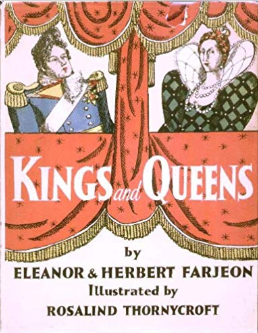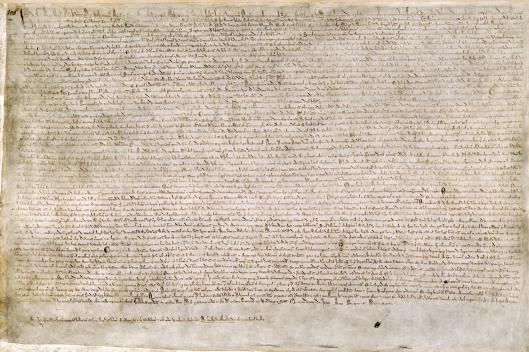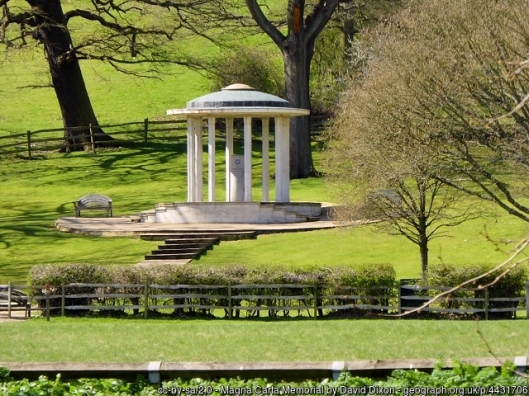Between 1914 and 1918, 350,000 Australians enlisted in the armed services to fight for their country and the Empire.
Among these were my husband’s grandfather, Cecil Young (1898 – 1975) and his brother, John Percy (Jack) Young (1896 – 1918).
Both men and both their parents were been born in Australia.
When war threatened in August 1914, Australia, a Dominion of the British Empire, knew she was bound to join in. On 31 July 1914 in an election speech at Colac in Victoria, the Opposition Leader Andrew Fisher (ALP) famously declared that ‘… Australians will stand beside the mother country to help and defend her to our last man and our last shilling’. A few days later, on 4 August 1914, Britain declared war against Germany. On 5 August, attempting to prevent a German ship escaping from Port Phillip, Australia fired her first shot against the enemy.
In October 1916 Jack Young, aged 20, signed up, becoming, as a member of the Australian Imperial Force, a soldier of Australia and the Empire.
The war was not going well for the Allies.
On 19-20 July that year Australians had suffered heavy losses at the Battle of Fromelles in France. The cost in Australian lives was the highest in any 24 hour period of the war. Among those killed in the fighting was Jack’s half-brother Leslie Leister.
From 23 July to 3 September 1916 Australian forces suffered badly at the Battle of Pozières in northern France. The Australian official historian Charles Bean wrote that Pozières ridge “is more densely sown with Australian sacrifice than any other place on earth.” Among those killed were Wes Rowlands of Homebush, an acquaintance of Jack and Cecil.
The slaughter in France left the Australian forces under-strength, and it was widely believed that conscription was necessary to maintain troop levels. This was view of the Australian Prime Minister, Billy Hughes, which the losses at Pozières seemed to confirm. Not all Federal politicians supported Hughes, however, and the matter was put to a
plebiscite. After a divisive public debate and strong campaigning on both sides, on 28 October 1916, the “No” vote narrowly prevailed
Jack Young’s enlistment – he signed his attestation papers on 3 October 1916 – came at the height of this conscription debate.
Jack Young was not yet 21 and would not have been conscripted anyway.
After 6 weeks in the AIF Signal School Jack sailed on the ‘Medic’, leaving on 16 December and disembarking in Plymouth 18 February 1917. He was first at Hurdcott camp, 7 miles from Salisbury. A few weeks later he marched out to Sutton Mandeville, 15 miles west. There was a camp at Fovant nearby. From Fovant he was transferred on 7 April to Durrington 20 miles to the north-east; the military settlement of Larkhill is nearby. On 1 January 1918 he sailed for France.

Fovant Badges The badges were cut into the chalk hills near the miltary camp and originate from 1916. From the left:- The Royal Wiltshire Yeomanry, 6th London Regiment and the Australian Commonwealth Military Forces.

The Australian Rising Sun emblem cut in the side of a hill. Australian War Memorial ID number H13577

Group portrait of the Signal Section of the 10th Infantry Brigade, outside the Chateau at Querrieu, 7 July 1918. Pte J. Young is in the back row eighth from the left (fourth from the right). Australian War Memorial photograph E03830
On 26 August, wounded in a mustard gas attack, Jack was admitted to a Line of Communications hospital. On 28 August he was invalided to England and admitted to Beaufort Hospital near Bristol.
On 26 September Jack was discharged on furlough from Beaufort hospital, but on 6 November he was in hospital again, the 3rd Auxiliary Hospital Dartford. At 11:40 a.m. on 9 November 1918, two days before the war ended, Jack died of pneumonia. He is buried at Brookwood Cemetery, Surrey.

Wooden crosses mark graves in the AIF section at Brookwood Cemetery January 1919. Photograph from the Australian War Memorial Accession Number D00190
I have written about Cecil’s war experience at Cecil Young and family: Cecil’s early life up to end World War I . I have previously remembered Jack at John Percival Young (1896 – 1918).

 I learnt most of the little English history I know from a comical book in verse, first published in 1932, called ”Kings and Queens” by the playwright and critic
I learnt most of the little English history I know from a comical book in verse, first published in 1932, called ”Kings and Queens” by the playwright and critic 




